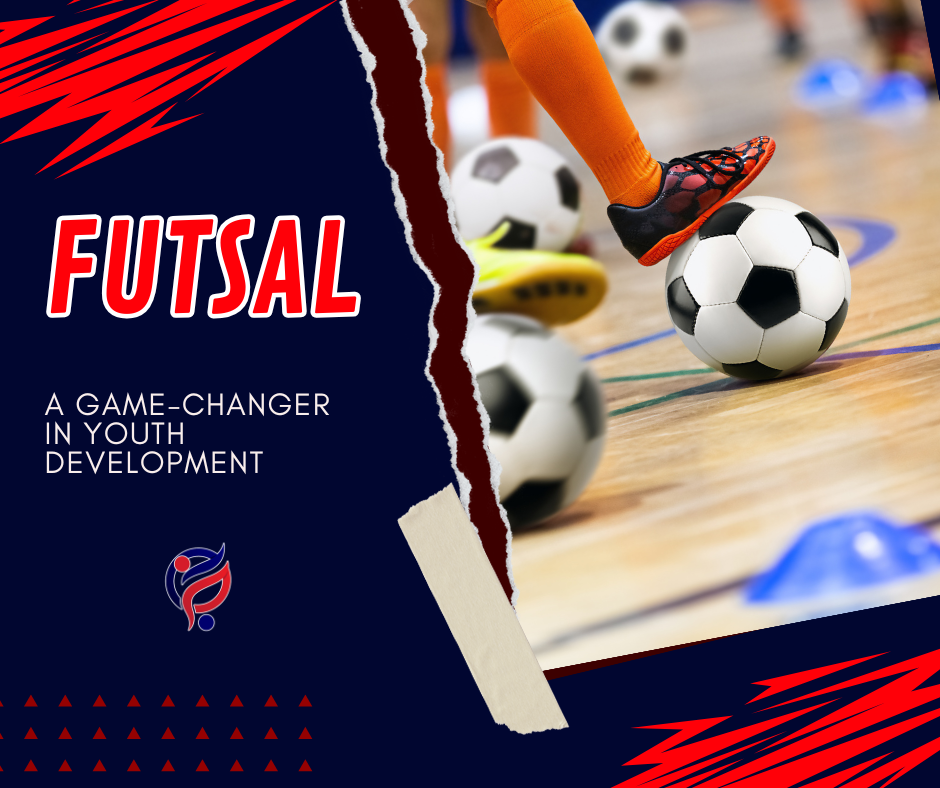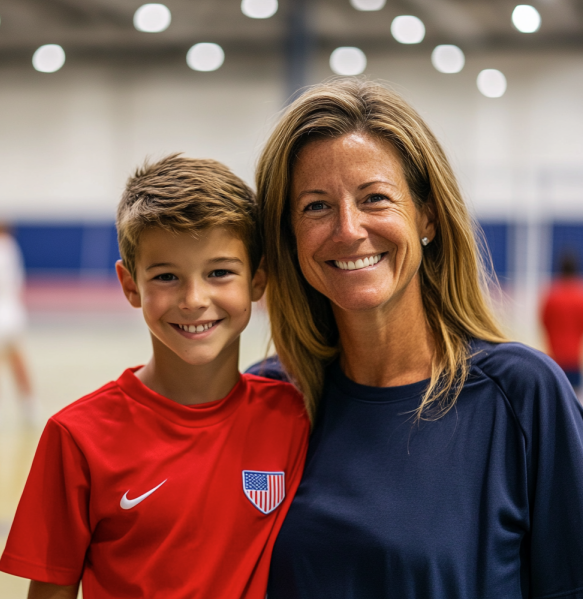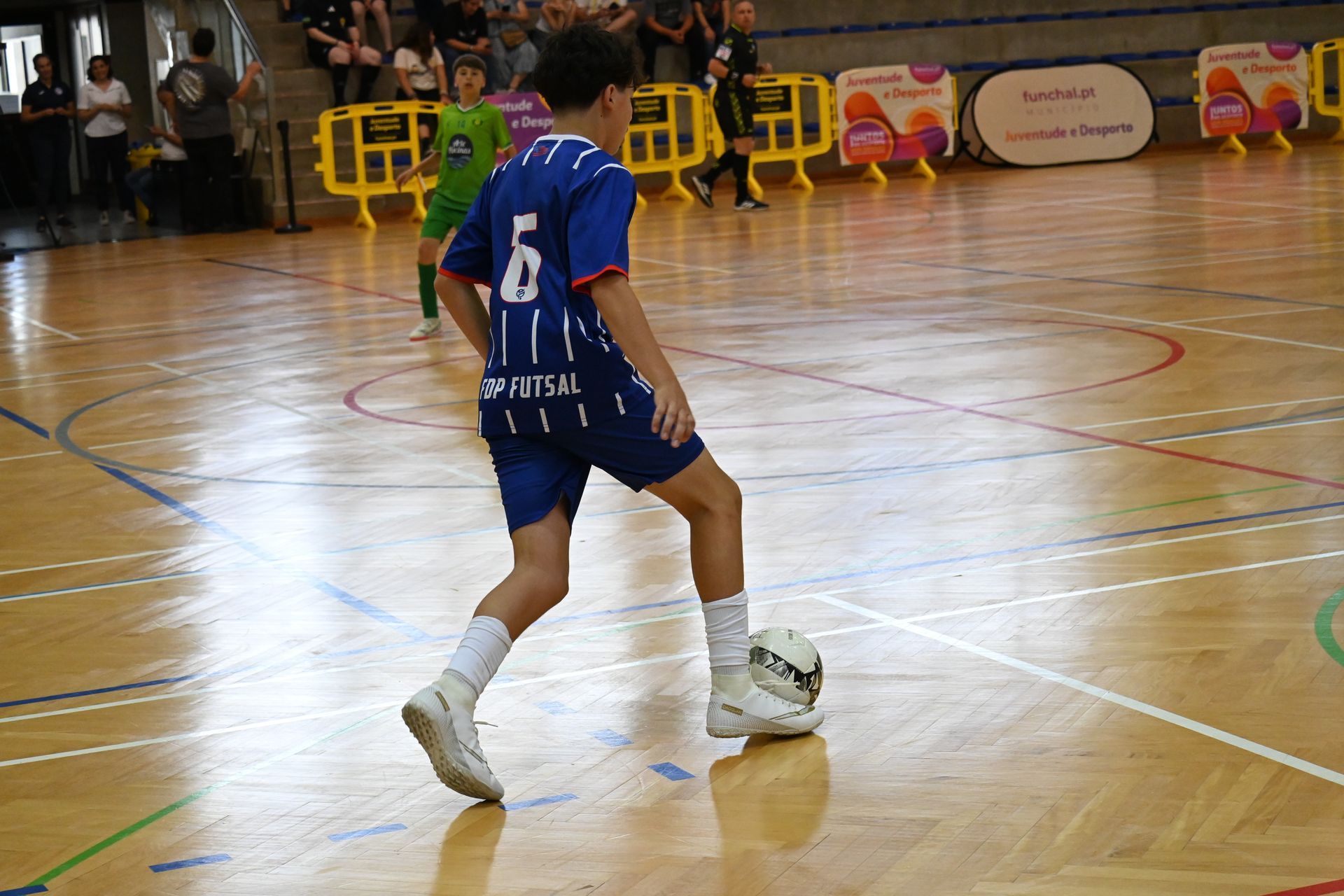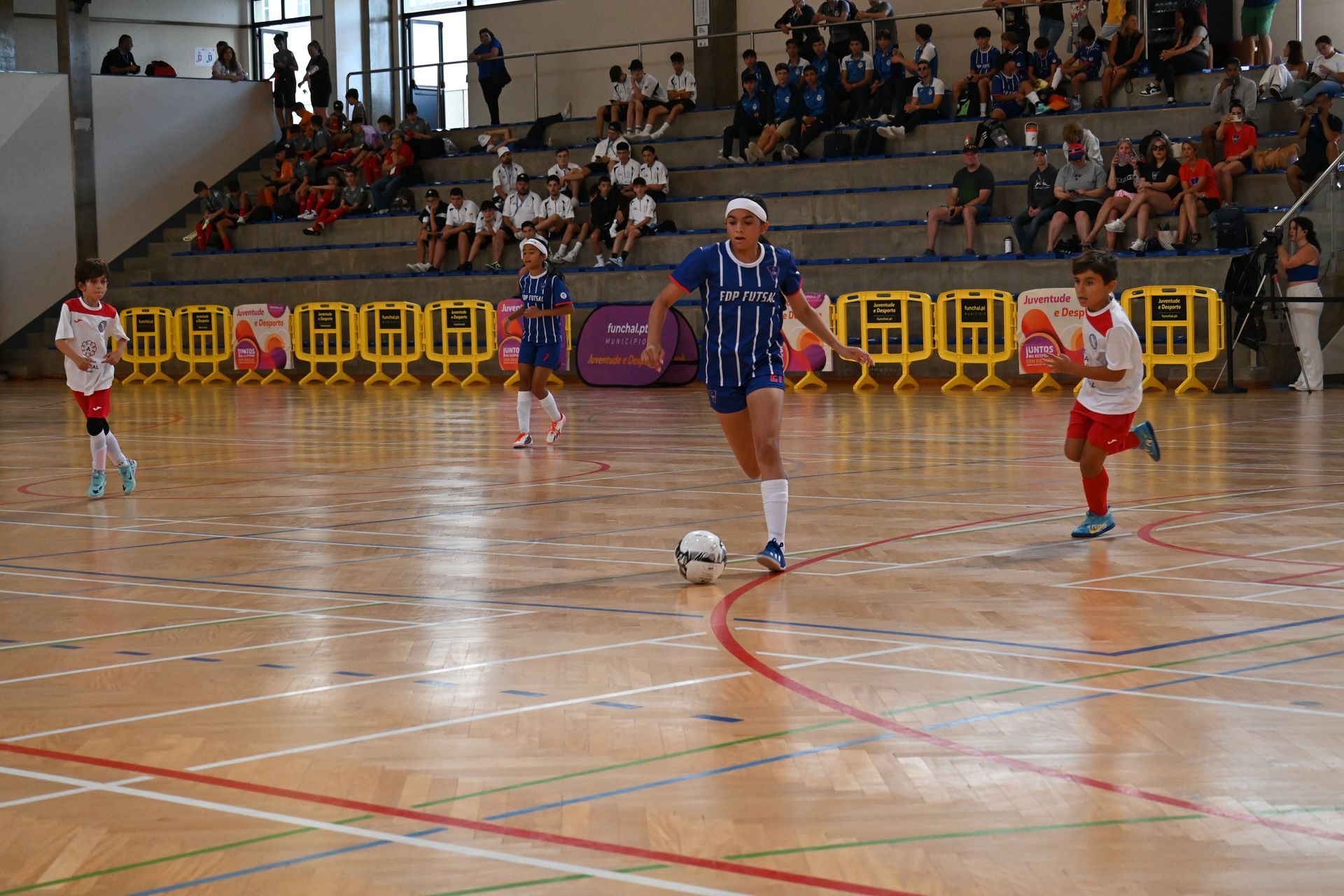Why Soccer Goalkeepers Should Train and Play More in a Futsal Environment
Why Soccer Goalkeepers Should Train and Play
More in a Futsal Environment

When one thinks of futsal, the first images that come to mind are often the mesmerizing dribbles, quick passes, and creative plays executed by field players. However, there is another aspect of futsal that deserves just as much attention: goalkeeping. The art of futsal goalkeeping is an exciting, dynamic, and skillful role that can significantly benefit soccer goalkeepers.
The Art of Futsal Goalkeeping
Futsal, a variant of soccer played on a smaller, indoor field with a smaller ball, places unique demands on goalkeepers. The position requires quick reflexes, precise positioning, and excellent foot skills. The excitement of futsal goalkeeping lies in its high-paced nature, where goalkeepers are constantly involved in the action, often making split-second decisions that can turn the tide of the game.
Benefits of Futsal for Soccer Goalkeepers
Training and playing futsal can offer numerous benefits for soccer goalkeepers. Here are seven key examples:
1. Improved Reflexes
Futsal’s fast-paced environment demands that goalkeepers have lightning-fast reflexes. The smaller pitch means that shots can come from any angle and at any time, requiring goalkeepers to be always alert and ready to react. This constant state of readiness translates well into soccer, where quick reflexes are essential for making saves.
2. Enhanced Foot Skills
In futsal, goalkeepers often act as the first line of attack, playing with their feet more frequently than in traditional soccer. This enhances their ball control, passing accuracy, and ability to play under pressure. Improved foot skills are crucial in modern soccer, where goalkeepers are expected to contribute to the team’s build-up play.
3. Better Positioning
Due to the confined space in futsal, goalkeepers must master their positioning to cover the goal effectively. This involves understanding angles and anticipating opponents' movements. Enhanced positioning skills help soccer goalkeepers make more efficient saves and command their penalty area better.
4. Increased Agility
The agility required in futsal is unparalleled. Goalkeepers must move quickly across the goal, diving, jumping, and changing direction in an instant. This increased agility benefits soccer goalkeepers, enabling them to cover more ground and make acrobatic saves.
5. Decision-Making Under Pressure
Futsal goalkeepers are frequently involved in high-pressure situations where they must make quick decisions, whether it's to pass, clear the ball, or come off their line to intercept. This sharpens their decision-making skills, which is invaluable in soccer where goalkeepers face similar high-stakes moments.
6. Enhanced Shot-Stopping Ability
The frequent and close-range shots in futsal provide goalkeepers with ample practice in shot-stopping. This helps them develop a keen eye for the ball and improves their ability to make saves in one-on-one situations, a common scenario in soccer matches.
7. Increased Confidence and Composure
The constant involvement in the game builds a futsal goalkeeper’s confidence and composure. They learn to stay calm under pressure and maintain focus throughout the match. These mental attributes are crucial for soccer goalkeepers, who must remain composed to perform consistently at a high level.
Professional Goalkeepers Who Have Played Futsal
Several professional soccer goalkeepers have incorporated futsal into their training, reaping the benefits of this dynamic sport. Here are five notable examples:
1. Ederson Moraes
The Manchester City and Brazil national team goalkeeper is well-known for his excellent foot skills and composure on the ball, attributes he credits to his futsal background. Ederson’s ability to play out from the back and his quick reflexes make him one of the best in the world. His foundation in futsal, a popular sport in Brazil, has significantly shaped his skills as a player. This background was especially influential during his time as a midfielder in Benfica's academy. He remains committed to his style of playing from the back, insisting on not changing his approach.
2. Alisson Becker
Another Brazilian star, Alisson Becker of Liverpool, has a futsal history that has contributed to his outstanding shot-stopping abilities and quick decision-making under pressure. His agility and reflexes are hallmarks of his playing style.
3. Manuel Neuer
Bayern Munich and Germany’s Manuel Neuer revolutionized the goalkeeper role with his ‘sweeper-keeper’ style, a concept rooted in futsal principles. Neuer’s comfort in playing high up the pitch and his excellent footwork are influenced by his futsal experiences.
4. Jan Oblak
Atletico Madrid’s Jan Oblak is known for his remarkable shot-stopping and positioning. His background in futsal has honed these skills, allowing him to make incredible saves and dominate his penalty area.
5. Claudio Bravo
The Chilean goalkeeper, who has played for Barcelona and Manchester City, started his career in futsal. Bravo’s distribution skills and ability to play under pressure are testaments to the benefits of his futsal training.
The art of futsal goalkeeping offers a myriad of benefits that can significantly enhance a soccer goalkeeper’s performance. Improved reflexes, foot skills, positioning, agility, decision-making, shot-stopping ability, and confidence are just a few of the advantages that translate from futsal to soccer.
With many top professional goalkeepers incorporating futsal into their training, it’s clear that this dynamic sport plays a crucial role in developing the next generation of soccer goalkeeping stars.
Futsal is not just about the captivating moves of field players but also about the thrilling and skillful play of goalkeepers. Embracing futsal can elevate a goalkeeper's game, making them more versatile, agile, and effective on the soccer field.
Contributed By Niko Alexopoulos
DON'T MISS ANY BLOG POSTS
Unlock Exclusive Insights: Subscribe Now & Stay Ahead of the Curve! Don't Miss a Single Blog Post—Join Our Community for Expert Tips, Fresh Perspectives, and Insider Knowledge. Your Ticket to Stay Informed, Inspired, and Empowered Awaits!
MAXIMIZE YOUR POTENTIAL
Empower Your Journey: Subscribe for Exclusive Access to Training, Programs, Camps, and Events. Elevate Your Skills and Seize Every Opportunity!










